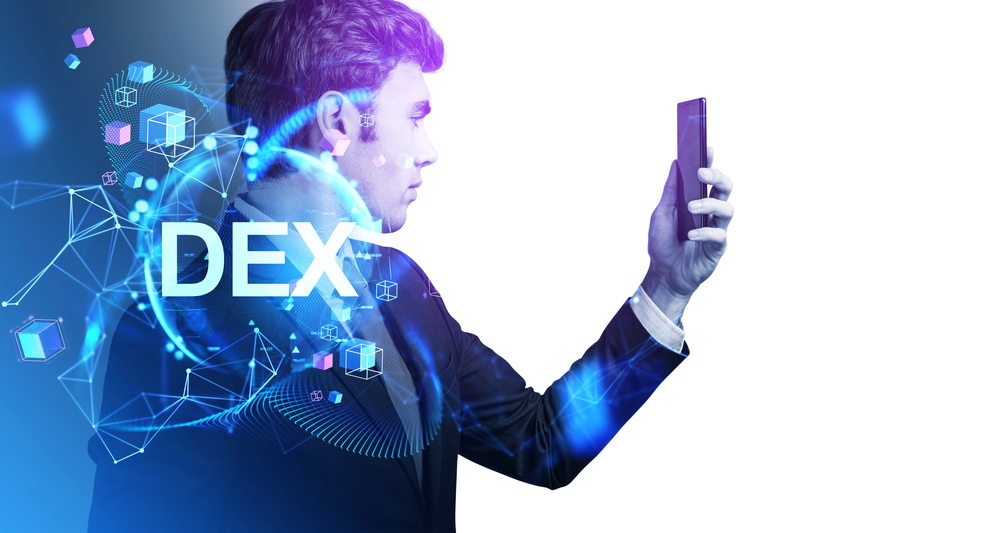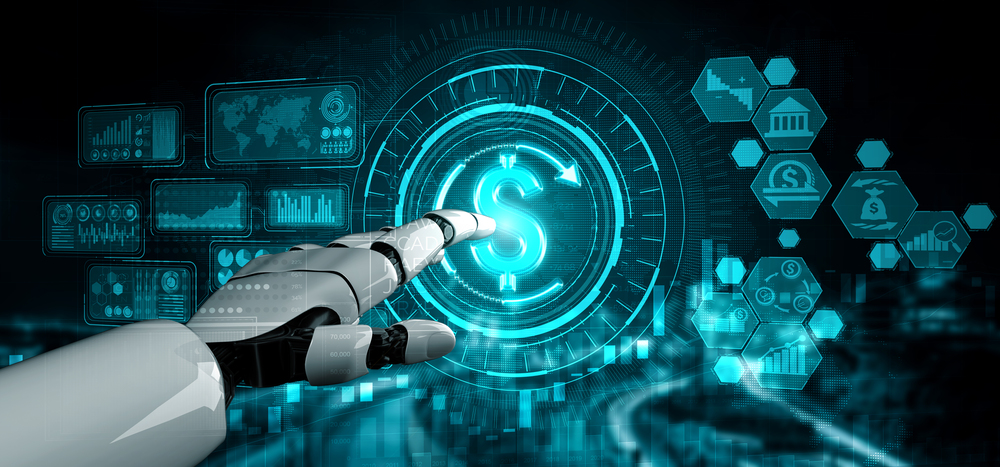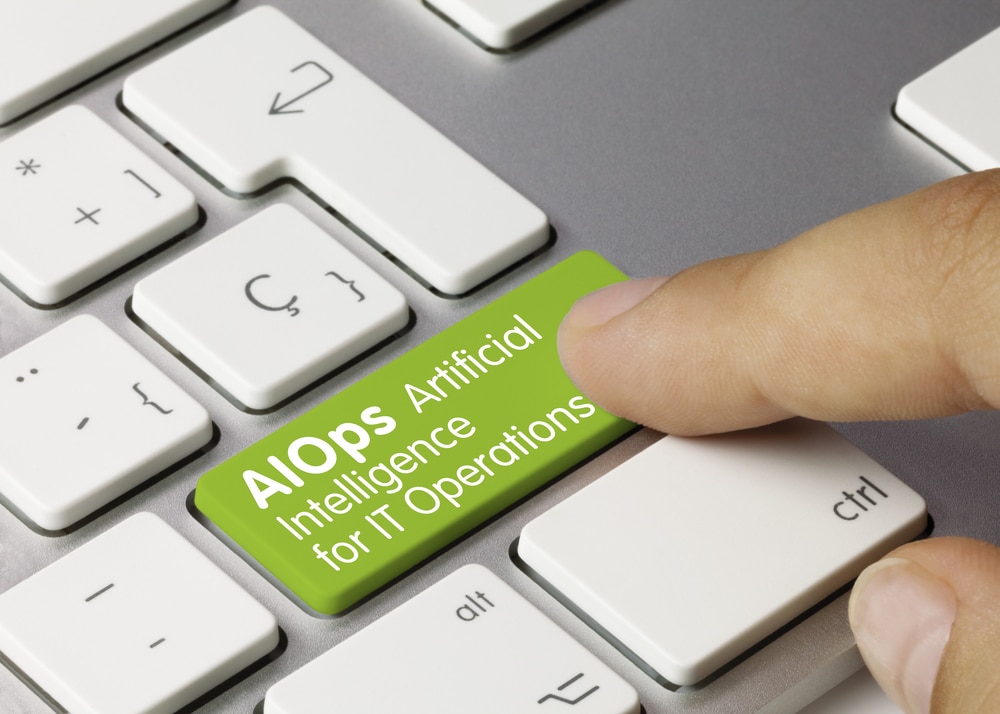
How AI-powered digital employee experience programs are reshaping IT [Q&A]
Digital employee experience, or DEX, is about how employees engage with the technology and services they use every day: everything from laptops, apps, collaboration tools to networks.
We spoke to Dean Fernandes, CTO of NWN.ai to find out more about the importance of DEX and how it’s changing the world of IT.

IT issues cost 100s of 1,000s of hours in lost productivity
A new report shows that poor digital employee experience (DEX) directly costs global businesses an average of 470,000 hours per year in lost productivity, equivalent to around 226 full-time employees.
The study from Nexthink, based on analysis of data from more than 20m endpoints across 474 global businesses, finds the average employee suffers 14 negative digital experiences a week. These include device crashes, application glitches, or slow load times, and can reduce productivity and collaboration while also increasing employee frustration and stress.

Helpdesks struggle to keep up with cyber threats
Helpdesks are bogged down by repetitive, time-consuming tasks (34 percent), long resolution times (34 percent) and limited resources (31 percent).
This is among the findings of the latest digital employee experience (DEX) report from Ivanti. It shows that while many businesses are automating certain operations, like security patch management (72 percent) and IT ticket routing (67 percent), but nearly 40 percent still haven't automated password resets -- missing an easy win that could eliminate countless routine support tickets.

Crisis in 'digital dexterity' threatens AI investments
A new study shows that 92 percent of IT leaders believe the new era of digital transformation will increase digital friction and that less than half (47 percent) of employees have the requisite digital dexterity to adapt to technological changes.
The report from digital employee experience (DEX) specialist Nexthink, based on a survey of 1,100 IT decision makers worldwide, shows a further 88 percent expect workers to be daunted by new technologies such as generative AI.

Unnecessary replacement of hardware leads to higher costs and growing waste problem
More than three quarters (77 percent) of IT decision makers say that their organization has a fixed time frame for replacing hardware. 14 percent replace every year, 30 percent every two years and 33 percent every three years.
A survey of 400 US and UK decision makers from Scalable Software suggests this leads to unnecessary upgrades and increased costs and can also have a negative environmental impact.

How did you do that? Almost half of businesses don't understand employee working habits
A new survey of 400 senior US and UK IT decision makers (ITDMs) finds 45 percent of organizations do not conduct any employee journey mapping, leaving them in the dark about how employees complete their work and what digital friction they face.
The study from Scalable Software finds the majority of ITDMs believe they have sufficient data on the digital employee experience (DEX). 92 percent of ITDMs say they have enough insight into the configuration, stability and performance of endpoints and applications to optimize DEX.

A new era of work: How AIOps and Unified Observability can take DEX to new heights
Businesses are in the early stages of a new era of employee relations as both the workplace and the workforce undergo significant changes. The pandemic accelerated the shift to hybrid work environments, which has, in turn, accelerated the ongoing digital transformations that made hybrid work possible in the first place. Meanwhile, baby boomers are retiring, Millennials are moving into management, and the Gen Z cohorts are just starting their careers.
The digital natives now populating companies have discriminating expectations for how technology works for them. For example, Riverbed’s Global Digital Employee Experience (DEX) Survey found that 68 percent of employees would leave the company if they were unhappy with the DEX. Companies that fail to provide seamless DEX -- which covers the full range of how employees engage with technology at work, from an intranet to email and collaboration platforms to HR systems -- risk frustrating employees when things do not work as expected. This not only increases the chances employees may look for another employer, but a faulty DEX brings losses in productivity and potential damage to a company’s reputation.

Making IT sustainability a part of the digital employee experience
Sustainable IT is no longer merely a good practice driven by customer demands; it has evolved into an imperative in response to shifting employee expectations and corporate responsibility around ecological consciousness. In today's digital workplace landscape, more than 80 percent of leaders are placing a heightened emphasis on environmental sustainability. Cloud providers, executives, software engineers, IT teams and even corporate boards of directors are increasingly thinking green because of the impact that adhering to environmental, social and governance (ESG) standards will have on our future and the next generation of leaders. And on top of that, the business landscape is incentivizing green behavior. A recent survey by CloudBolt found that two-thirds of IT leaders say cloud provider’ sustainability initiatives are a key factor in determining with whom they do business.
Companies who drive sustainability transformation also enhance corporate reputation and performance, appealing to environmentally conscious customers. Firms adopting sustainable practices, like energy optimization, realize significant cost reductions. Integrating Sustainable IT into the digital employee experience is also a pivotal element of this transition, fostering a gratifying workplace for employees.

Improving the digital employee experience
The widespread shift to a hybrid workplace during the pandemic has created many new challenges for business leaders including CIOs, vice presidents, and directors. Perhaps no concern is greater than the need to retain workforce talent by keeping employees in the digital workplace and remote locations engaged and fulfilled in their jobs.
We know that a better employee experience is directly correlated with a better customer experience. Yet improving the digital employee experience depends on keeping people productive while making everyone feel like they have opportunities for personal growth in the company.

Employees want better digital experiences, management want bigger profits
In an echo of another report we covered earlier this week, a new study from Ivanti finds that digital employee experience (DEX) has a major impact on employee satisfaction.
The research shows that 64 percent of employees believe their experience with technology impacts their morale, and that 49 percent are frustrated by their work-supplied tech.

Reducing digital friction for a better employee experience
IT departments added a stack of tasks to their docket when remote and hybrid working became the norm. While initial purchases of video conferencing and business communication subscriptions were temporary fixes, they were not the only long-term solutions necessary to provide the seamless digital experience employees needed to carry out their roles.
The pandemic has strengthened the need to improve the digital experience business case for organizations that wish to increase employee engagement, satisfaction and retention. Employees, so used to having immediate responses from their home-use apps, have come to expect the same instant feedback from workplace technology but in many cases are not getting it.
